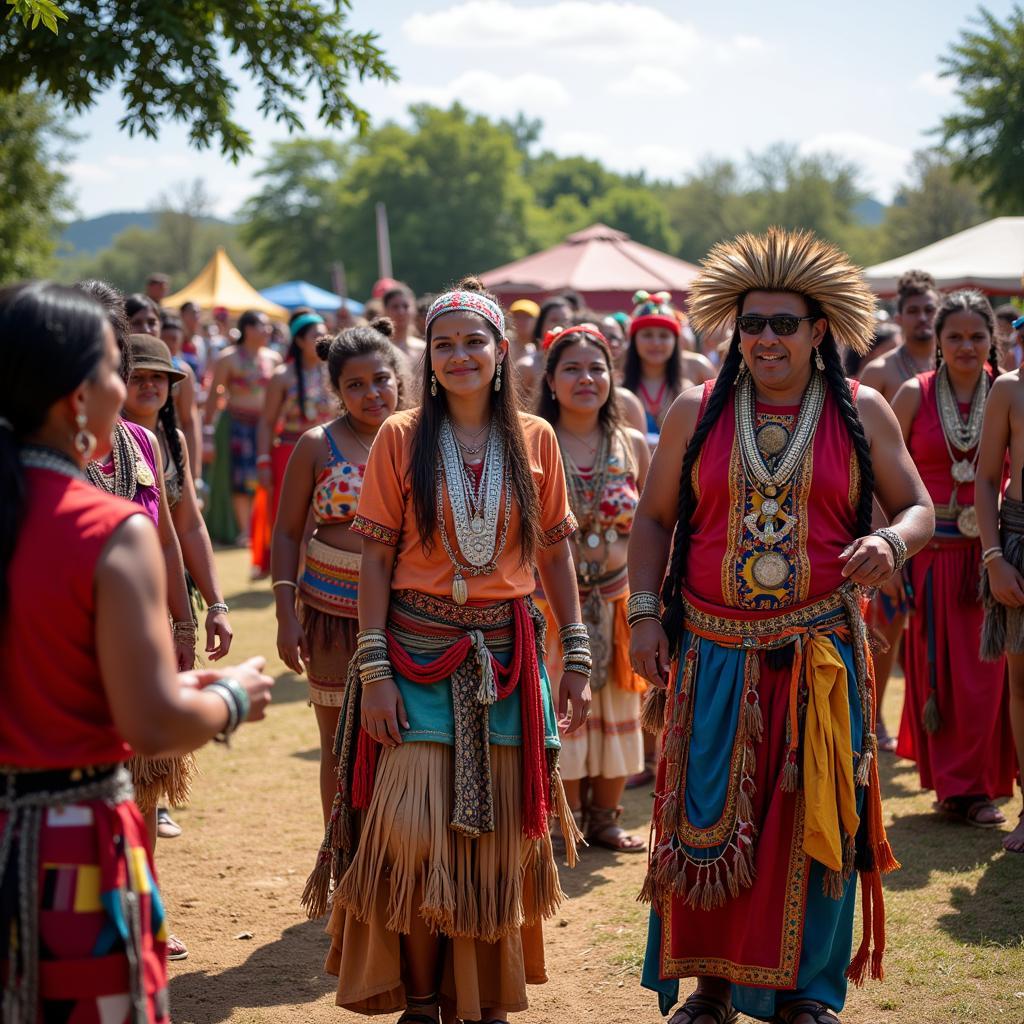Decolonization, indigeneity, education, and society are interconnected concepts crucial for understanding the historical and ongoing impacts of colonialism and forging a path toward a more just and equitable future. Colonialism’s legacy continues to shape social structures, educational systems, and power dynamics, necessitating a critical examination of its enduring influence on Indigenous communities and the broader society.
Reclaiming Narratives: Indigenous Knowledge in Education
The integration of Indigenous knowledge systems into education is a cornerstone of decolonization. For centuries, colonial education systems have marginalized and suppressed Indigenous perspectives, languages, and cultural practices. Reclaiming these narratives is essential for empowering Indigenous communities and fostering intercultural understanding. By incorporating Indigenous knowledge into curricula, we can create more inclusive and relevant learning environments for all students. This includes recognizing the diversity of Indigenous cultures and knowledge systems, ensuring that educational materials are culturally sensitive and respectful. What does this look like in practice? It means incorporating Indigenous languages, storytelling traditions, and land-based learning into the curriculum. It also means creating space for Indigenous elders and knowledge keepers to share their wisdom with students.
Decolonizing the Curriculum: Challenging Colonial Perspectives
Decolonizing the curriculum goes beyond simply adding Indigenous content. It requires a critical examination of the underlying assumptions and biases that shape our understanding of history, culture, and society. How can we decolonize the curriculum? We must actively challenge colonial narratives and perspectives that perpetuate stereotypes and misinformation about Indigenous peoples. This involves incorporating diverse voices and perspectives into educational materials and creating opportunities for students to critically analyze historical events and power dynamics. It also means recognizing the ongoing impacts of colonialism on Indigenous communities and working towards reconciliation.
Societal Transformation: Beyond the Classroom
The impact of decolonization extends far beyond the classroom, influencing social structures, policies, and relationships between Indigenous and non-Indigenous communities. Addressing historical injustices and promoting self-determination are vital steps towards creating a more equitable society. How can we support societal transformation? We must advocate for policies that recognize Indigenous rights and self-determination, including land rights, cultural preservation, and political representation. We must also work to dismantle systemic racism and discrimination that continue to marginalize Indigenous communities. This requires a commitment to ongoing dialogue, relationship building, and collaborative action.
 Indigenous Community Gathering
Indigenous Community Gathering
The Role of Education in Fostering Reconciliation
Education plays a critical role in fostering reconciliation between Indigenous and non-Indigenous communities. By providing accurate and respectful representations of Indigenous histories, cultures, and perspectives, we can create a foundation for understanding and empathy. How can education promote reconciliation? Education can provide opportunities for students to learn about the history of colonialism and its ongoing impacts on Indigenous communities. It can also create spaces for dialogue and relationship building between Indigenous and non-Indigenous students, fostering mutual respect and understanding.
What are the challenges of decolonizing education?
Decolonizing education is a complex and ongoing process that faces numerous challenges, including resistance to change, limited resources, and the need for ongoing dialogue and collaboration.
How can individuals contribute to decolonization efforts?
Individuals can contribute to decolonization efforts by educating themselves about Indigenous histories and cultures, supporting Indigenous-led initiatives, and advocating for policy changes that promote Indigenous rights and self-determination.
Building a More Just Future
Decolonization, indigeneity, education, and society are intrinsically linked in the pursuit of a more just and equitable future. By embracing Indigenous knowledge, challenging colonial narratives, and fostering reconciliation, we can create a society that honors the rights and cultures of all its members. This requires a commitment to ongoing learning, critical reflection, and collaborative action. Through these efforts, we can build a future where Indigenous communities thrive and their contributions are celebrated.
Conclusion
Decolonization, indigeneity, education, and society are interconnected and essential for creating a more just and equitable world. By centering Indigenous voices and perspectives, we can build a future where all cultures are valued and respected. The journey towards decolonization requires ongoing commitment, collaboration, and a willingness to challenge existing power structures.
FAQ
- What is meant by decolonization in education?
- Why is Indigenous knowledge important in education?
- How can we decolonize the curriculum?
- What is the role of society in decolonization?
- How can individuals contribute to decolonization efforts?
- What are some examples of successful decolonization initiatives in education?
- What are the challenges of decolonizing education?
Related Questions
- How can we support Indigenous language revitalization?
- What are the impacts of colonialism on Indigenous mental health?
- How can we promote Indigenous self-determination?
For further support and information on decolonization, indigeneity, education, and society, please contact us: Phone: 02043854663, Email: [email protected] or visit our address at Zone 34, Bac Giang, 260000, Vietnam. We have a 24/7 customer service team.